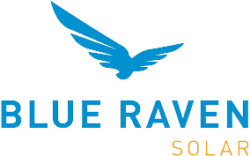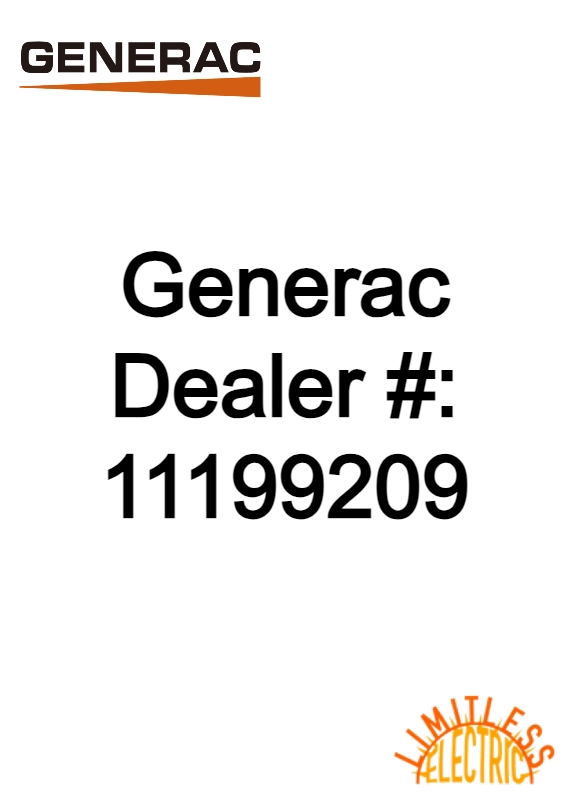Benefits of Solar Energy
Solar energy offers multiple advantages that will enhance your home for years to come.
- Lowered energy bills: Solar panels let you generate your own energy to power your home, decreasing your regular electricity costs. Going off-grid can eliminate your bills completely. Plus, a significant amount of states offer net metering, which permit you to earn money by selling your unused energy back to the grid.
- Better energy independence: Solar energy can keep your home running through blackouts and emergencies. You can use your solar energy anytime with optional battery backup.
- Reduced carbon footprint: Using clean solar power reduces your dependence on fossil fuels, which release greenhouse gases that damage the environment.
What Solar Incentives Are Available to The Woodlands Homeowners?
Governments and utility companies often incentivize homeowners for going solar. Here are some of the rebates, tax credits or other programs you could qualify for.
Incentive Type: Property Tax Incentive
Website: comptroller.texas.govIncentive Amount:
100%
Incentive Type: Rebate Program
Website: texasgasservice.comIncentive Amount:
Free Equipment Program: Free appliance installation and weatherization services
Home Improvement (includes attic insulation, duct sealing, duct insulation, duct replacement, high-efficiency gas furnace, and Wi-Fi thermostat: Up to $1000
Solar Water Heater With Natural Gas Backup: $750
Tankless or Super High-efficiency Water Heater: $650
Furnace: $675
Furnace Tune-Up: $40
Natural Gas Dryer with moisture sensor: $225
Natural Gas Dryer Stub: $300
Incentive Type: Personal Tax Credit
Website: ecowatch.comIncentive Amount:
30% federal tax credit for systems placed in service after 12/31/2021 and before 01/01/2033. Good for: solar water heat, solar photovoltaics, biomass, geothermal heat pumps, wind (small), fuel cells using renewable fuels.
How To Choose the Best Solar Company in The Woodlands
The more informed your company investigation is, the better your solar system will ultimately operate. Consider all of these factors in your contractor search.
Licensing and Training
All solar contractors in Texas must have a state electrical contractors' license from the Texas Department of Licensing and Regulation. The Texas State Board of Plumbing Examiners regulates plumbing regulations and licensing standards for solar thermal installers. Solar companies can also obtain certificates from trade groups and standards organizations. The most prestigious ones in the industry come from the NABCEP. Most company websites will prominently display earned credentials, but you should also ask your estimator for more information.
Cost of Solar Panels in The Woodlands
Your solar panels' style will influence how much electricity you can generate. Monocrystalline panels are among the highest quality and perform the best but cost the most. Polycrystalline panels offer you a budget panel with a traditional design, but at the cost of less power generation. Thin-film panels have a low cost and are excellent for non-traditional roofs, but aren't recommended for large home installations.
If you need to charge an electric vehicle (EV) or use your solar power in inclement weather, you can pay extra for accessories. By choosing the right components, you can make your system more effective and user-friendly. Not every solar contractor includes these optional components, so look for a company that sells them if it's crucial for you.
You can expect to pay about $16,650 on average for a five-kilowatt solar energy system in The Woodlands. Check the table in this section to get an idea of how much The Woodlands solar companies might quote for your specific solar system's price.
| Solar Panel Cost | Average Cost |
|---|---|
| Solar Monocrystalline | $1,178 |
| Solar Polycrystalline | $918 |
| Thin-Film | $537 |
| Solar Battery | $754 |
| Solar Home EV Charger | $2,826 |
Financing Solar Energy in The Woodlands
Solar contractors offer multiple different financing options to increase your savings and lower your costs. Though some providers offer unique payment plans, the most common are solar loans, power purchase agreements (PPAs), cash payments and solar leases. Though it requires a large up-front payment, cash is the most cost-effective choice because it qualifies you for solar incentives and doesn't accrue interest. Solar loans are the runner-up option. As with a car loan or mortgage, you'll pay a monthly rate towards system ownership, including interest. You can still apply for valuable solar incentives, and depending on your lender, you could put as little as $0 down. Solar leases allow you to pay a monthly fee to rent your panels, while a PPA lets you pay a variable rate based on only the energy you use. We generally advise against these options since you won't own your system and are disqualified from solar incentives, but they might be appropriate in particular circumstances. Ask each company you're evaluating about the payment plans it offers. A representative can help you determine the most suitable option for your pocketbook.
The table below lists the average payback periods for different capacities of solar systems in The Woodlands.
You can claim a 26% federal solar tax credit from the IRS for new residential solar systems purchased before 2032. Additionally, local governments and utilities may have their own financing plans and rebates that could reduce your total cost even more.
| Solar System Capacity | Estimated Payback period |
|---|---|
| 1 kW | 2.1 years |
| 2 kW | 4.2 years |
| 5 kW | 10.6 years |
| 10 kW | 21.2 years |
Ready to Get a Quote on Your Solar Project?
Please enter a valid 5-digit zip code!
Frequently Asked Questions About Solar in The Woodlands
How much energy and money could I save per year by switching to solar?
How popular is solar energy in The Woodlands?
Will solar panels raise my The Woodlands home worth?
Is solar panel installation a quick job?
What size should my new The Woodlands solar system be?
What is the average payback period for The Woodlands solar panels?
What are the signs I shouldn't use a particular solar company for my job?
- Pushy sales approach
- Being evasive about cost, credentials and training, warranties and references
- Inflexible options
- Superficial, rushed site evaluation
- No references or testimonials
To share feedback or ask a question about this article, send a note to our Reviews Team at reviewsteam@thisoldhousereviews.com.



















